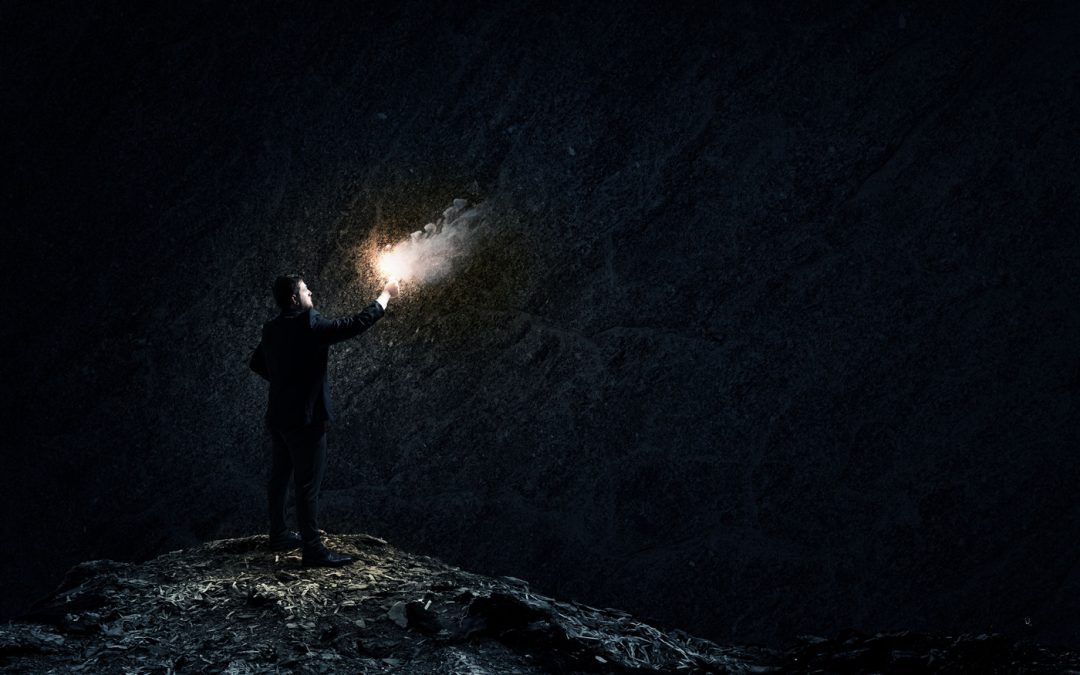Fr Paolo Consonni MCCJ
We are living in dark times. War has become a reality and all of a sudden, our hopes of a smooth transition to a post-pandemic world have been shattered. In the dark moments of history, the worst of humanity appears in the spotlight: the violent, arrogant, selfish part of our nature emerges both in our personal sphere and, unfortunately, on the world scene. This is the context in which we meditate the gospel of the Transfiguration (Lk 9:28b-36) on this Second Sunday of Lent.
“A cloud came and cast a shadow over the disciples, and they became frightened when they entered the cloud.” Peter, James, and John should have known that the cloud symbolized God’s presence, as many passages of the Old Testament explain (Red Sea, Mt. Sinai, for example.). However, on entering into what the mystics define as “the cloud of the unknown,” Jesus’ disciples felt like children having a nightmare. When we don’t clearly see what lies ahead, we are easily frightened. As a human family, we feel we are in a dark cloud right now.
But in darkness, light shines brighter. During the Second World War, St. Maximilian Kolbe was able to witness the power of God’s love even in the most horrific conditions of a Nazi concentration camp, by offering his life in exchange for a fellow prisoner while forgiving his executioners. During the cruel slave trade of the 19th century, the Sudanese St. Josephina Bakhita, a slave who for years endured torture and abuse on a daily basis, converted to Christianity and regained both her freedom and her dignity. As a consequence, she decided to dedicate the rest of her life serving those in need as a nun, with no regrets nor hate for her previous owners.
Just as stars appear in the night sky, courageous people appear in every age and in every place, and they are more common than we think. I believe they are also among us today. God’s presence in them is so strong that it radiates through their fragile and unassuming human lives, even in dire circumstances like sickness, or poverty, and we are edified by their resilience in the face of difficulties. They too, like Jesus, are “transfigured” by God’s love: challenges let their inner light shine more brightly.
The episode of Jesus’ Transfiguration happened after the first announcement of His imminent passion and death. Jesus tried on different occasions to prepare his disciples to see in those events, not the triumph of evil, but the manifestation of God’s love for humanity. The disciples were usually unable to understand Jesus’ words, and we cannot blame them. We too fail to comprehend how suffering and even death might become part of God’s redeeming plan for us. We want a God who spares us from suffering, not one who embraces them out of love.
But on that day, it was different. On that mountain, while Jesus was praying, Peter, John, and James had a glimpse of Jesus’ glorious divinity shining through his very human body. For a brief moment, they saw —and heard about— the beauty of Jesus’ true identity and of His “exodus”: the Beloved Son of the Father will give His life to save us from the slavery of evil, sin, and death. An act of love which will enlighten and redeem our tragic human destiny.
It will not be easy to see the same glory shine through Jesus’ body when he will be tortured, vilified and nailed to a cross. As Isaiah prophesied, during Jesus’ passion there will be “no beauty or majesty to attract us to him, nothing in his appearance that we should desire him. He was despised and rejected by mankind, a man of suffering, and familiar with pain.” (Is 53:2-3) . It is not by chance, then, that Jesus’ Transfiguration happened while He was praying, as if to tell us that only the Holy Spirit can open our hearts and minds to the understanding of the salvific power of sufferings accepted out of love. On the mountain of the Transfiguration and, all the more, on the Cross, Christ will reveal not only the depth of God’s mercy but also the beauty of our humanity when lived as an unconditional gift of love.
Our Lenten journey this week consists in letting Christ’s love shine through the human realities of our daily life. It’s an inner transformation that has to occur, that is the true meaning of conversion: “metanoia” in Greek means to see things in a different way.
Instead of complaining about our circumstances, we might see them through the light of Christ’s love: our daily work/studies as God’s way to advance the coming of His Kingdom. Our sicknesses as our personal participation in Christ’s redemption of humanity. Our wealth, as an opportunity to share God’s goodness with those in need. Our relationships, as reflections of the communion of the Trinity. And so on. There is much darkness around us, but, as beloved sons and daughters of God, we also have much light within us to share with this world.


 Follow
Follow


